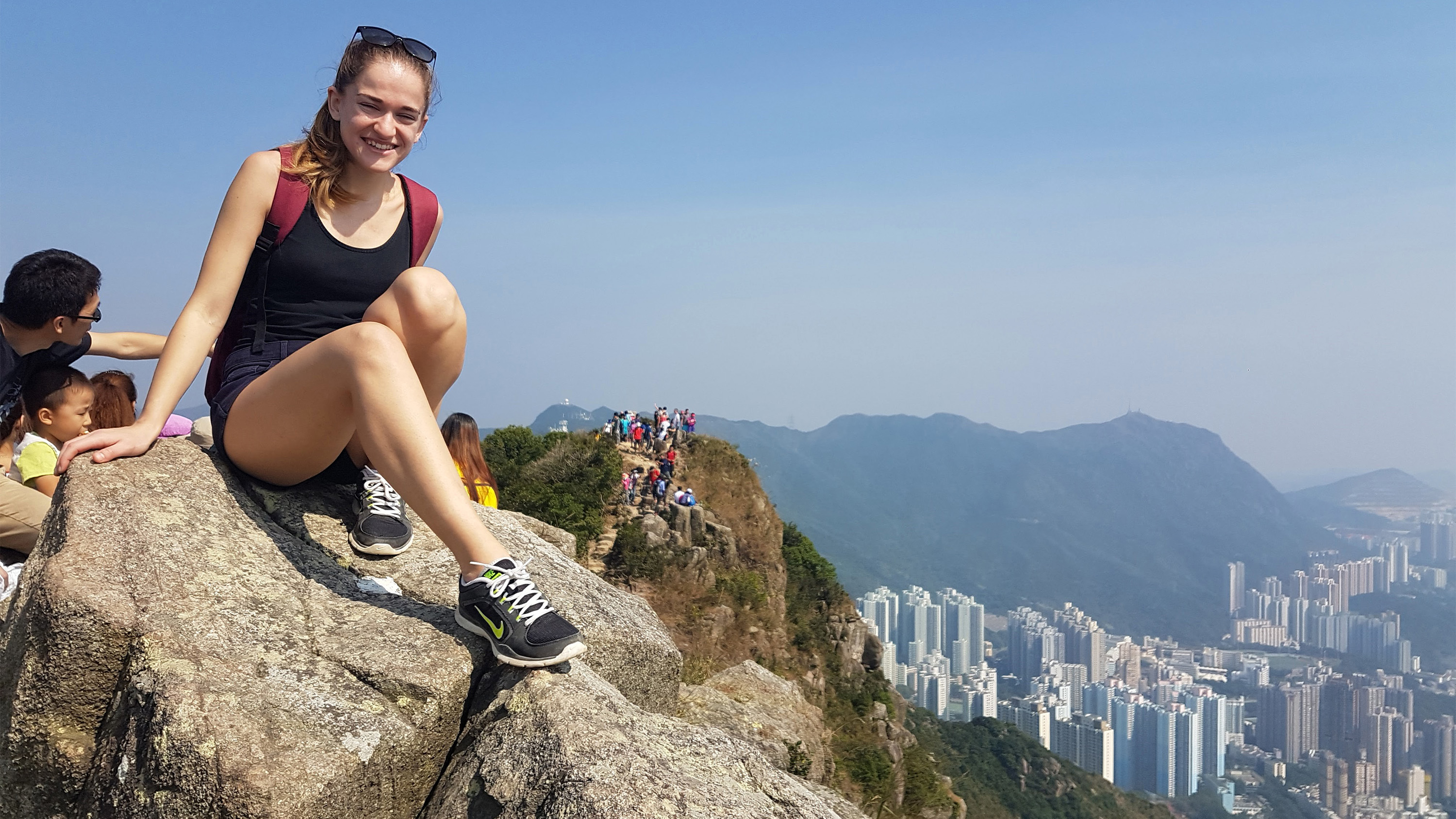PhD Graduate Dr Charikleia STOURA
Exploring Smart Vehicle-Bridge Infrastructure Research: Dr. Charikleia STOURA Improves Railway Safety by Leveraging In-Service Data
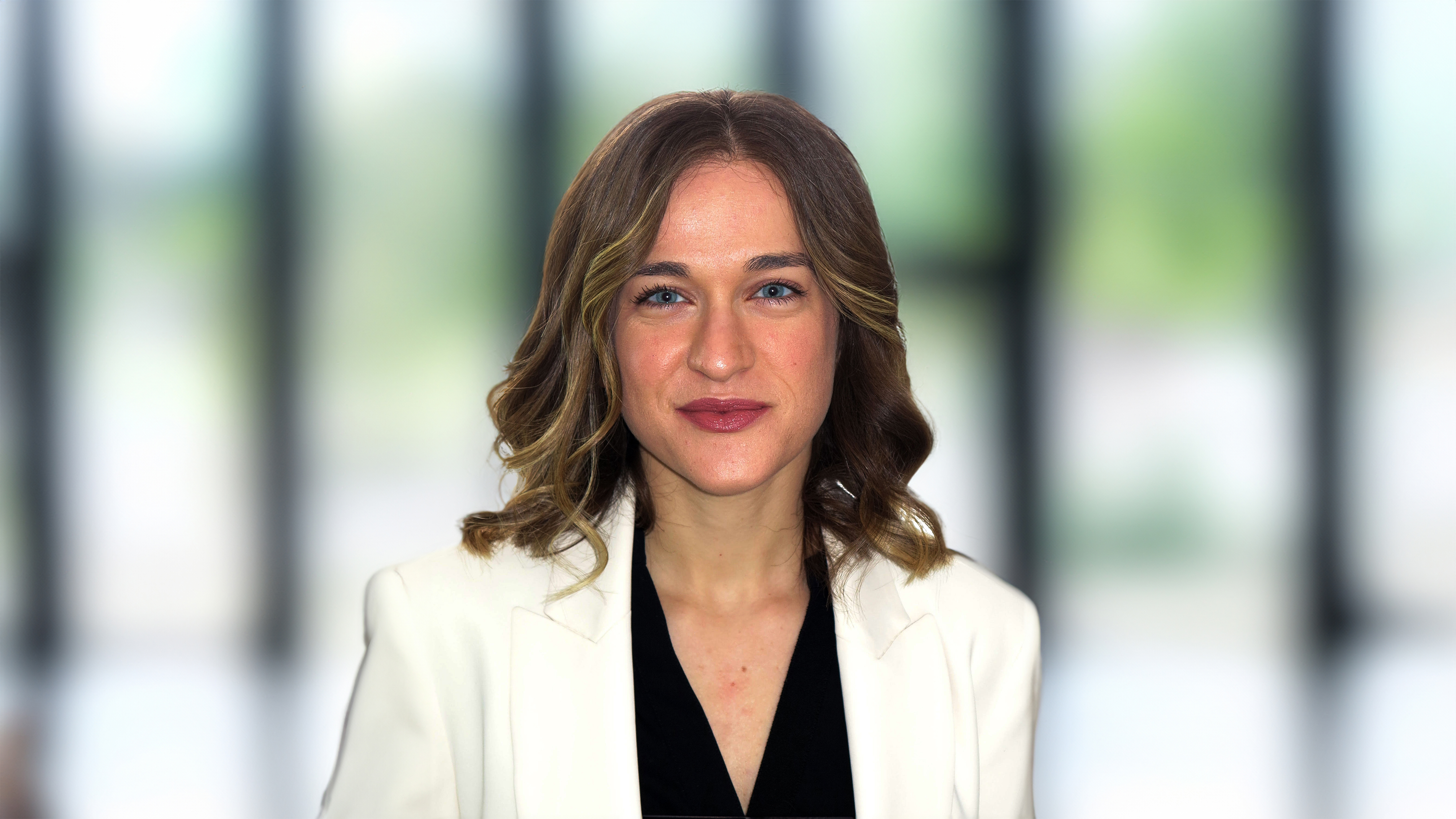
With a keen interest in civil engineering that stemmed from her father’s profession in construction, Dr. Charikleia STOURA, an HKUST alumna with a PhD in Civil Engineering (Class of 2021) and an awardee of the prestigious Hong Kong PhD Fellowship Scheme (HKPFS), has been investigating the dynamic interaction between vehicles and bridges with a focus on how this impacts rail transport. Her strong thirst for knowledge led to her current role as a Postdoctoral Fellow at the Institute of Structural Engineering (IBK) of the Department of Civil, Environmental and Geomatic Engineering (DBAUG), ETH Zurich where she conducts applied research into “smart” ways of monitoring the health of bridges in order to enhance the quality and safety of train services and minimize service interruptions.
Since her father’s profession involved construction, Charikleia has always felt closely acquainted with the idea of civil engineering. She developed an interest in bridges during her studies at the National Technical University of Athens in her home country, Greece. There, she became aware of the research opportunities involving bridges from Prof. Ilias DIMITRAKOPOULOS, Associate Professor of Civil and Environmental Engineering of HKUST, who eventually became her supervisor.
“I wanted to explore Asia and Asian culture, and what motivated me was that HKUST was, and still is, one of the top universities in Asia and the world. Once I realized that Ilias, my supervisor who is also Greek, was working on vehicle-bridge interaction, I was drawn to this topic for my PhD. With his solid background and a wealth of resources on this topic, he was my mentor during my research journey at the HKUST,” Charikleia says gratefully.
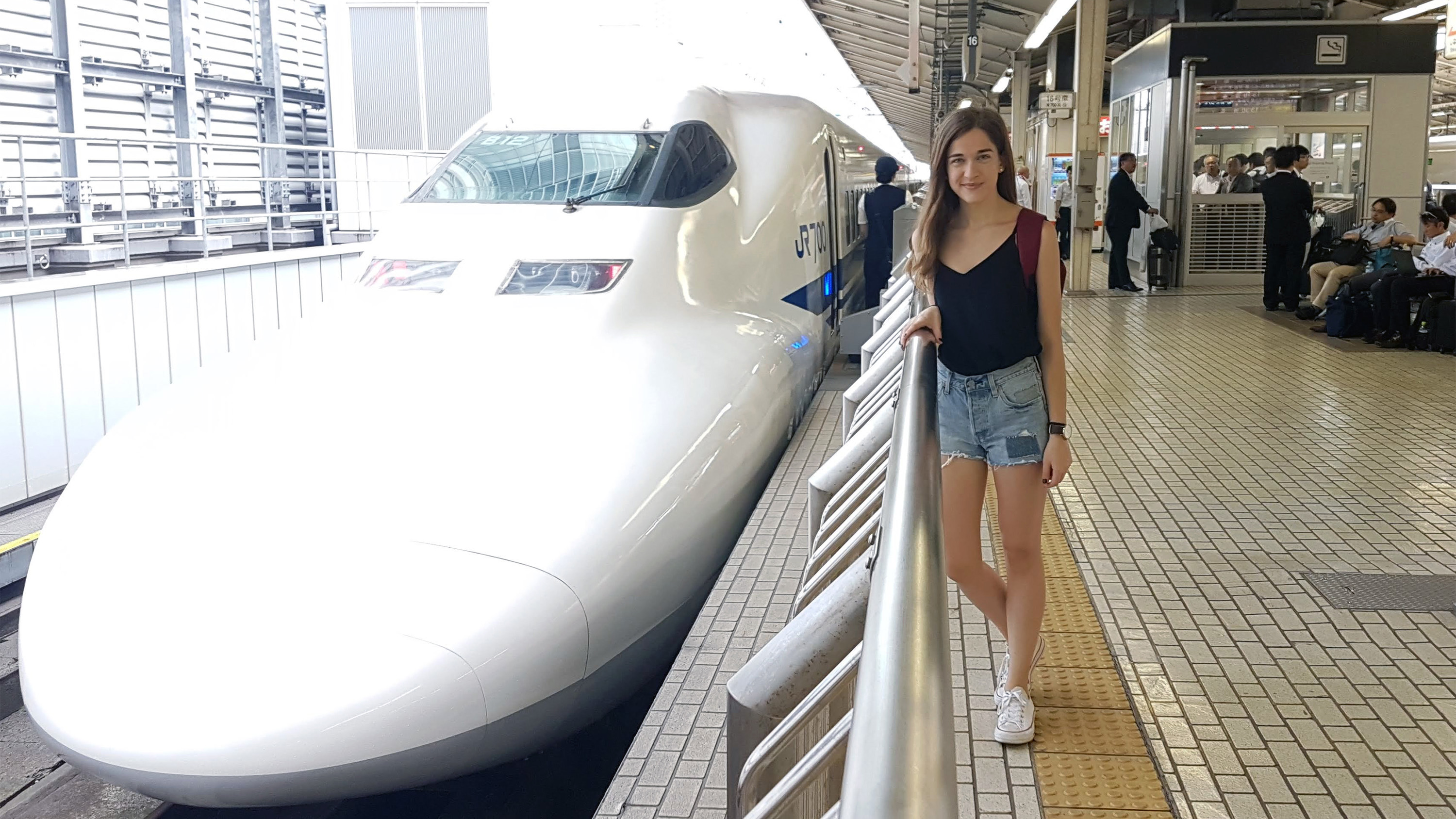
Solid foundation for building smart railway infrastructure
Upon completing her PhD, Charikleia decided to pursue a postdoctoral fellowship at ETH Zurich because she felt that her curiosity had not yet been satisfied. While noting that bridges are an ageing form of infrastructure, the prevailing practice relies heavily on visually inspecting the bridges or mounting sensors on bridges. In some countries, such as China and Japan, diagnostic vehicles with sensors are deployed. Developing novel ways to monitor the structural health of bridges would be beneficial and practical steps for the future.
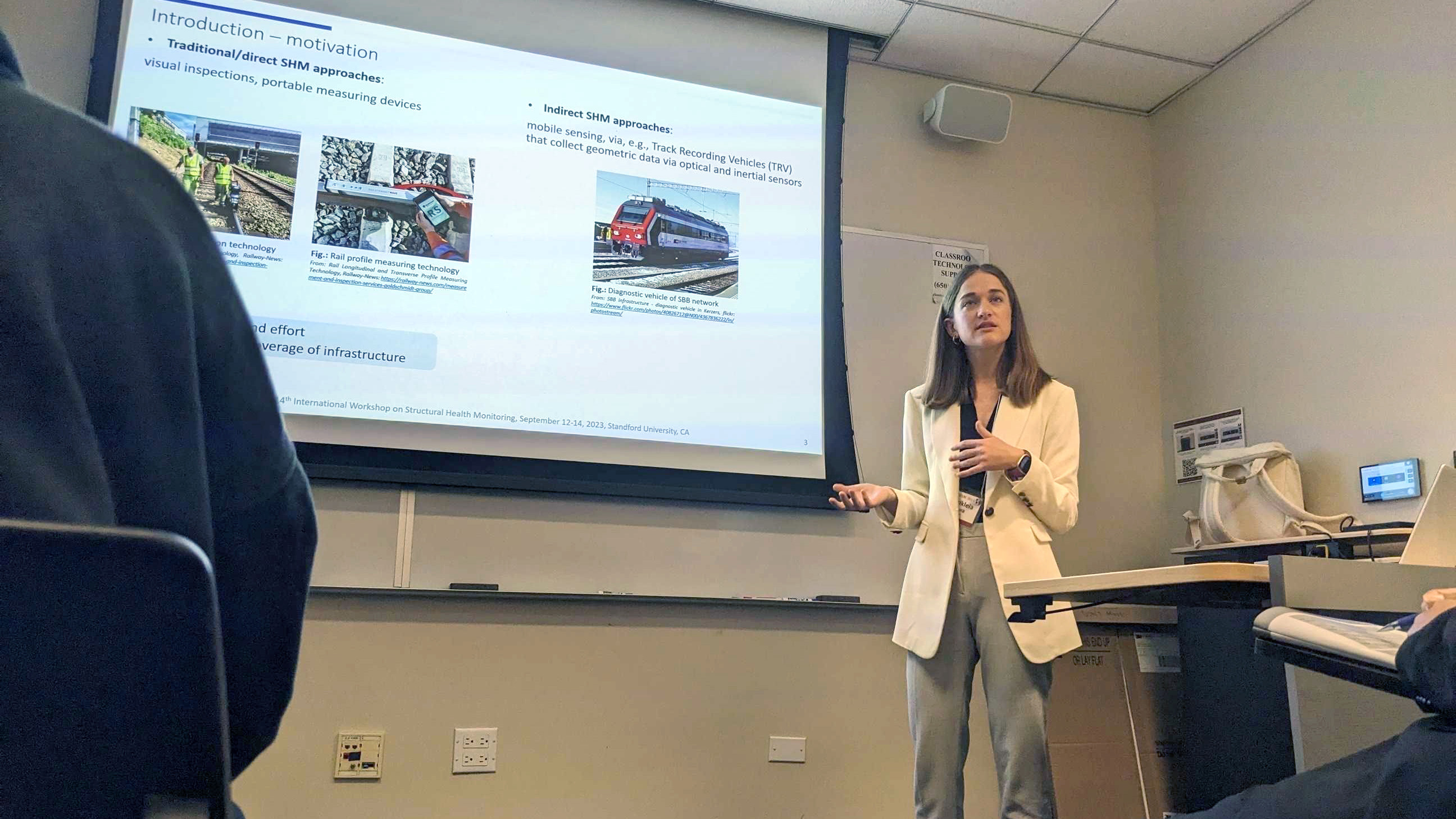
Charikleia elaborates on her work: “When trains pass over bridges, they may be able to provide good indicators of whether something is happening on the bridge or not. By observing the vehicle-bridge interaction with data collected from in-service trains, we are trying to make railways smarter, more efficient, and with enhanced quality and safety. In the future, in-service trains equipped with multiple sensors will be able to monitor and assess the infrastructure in an efficient manner.”
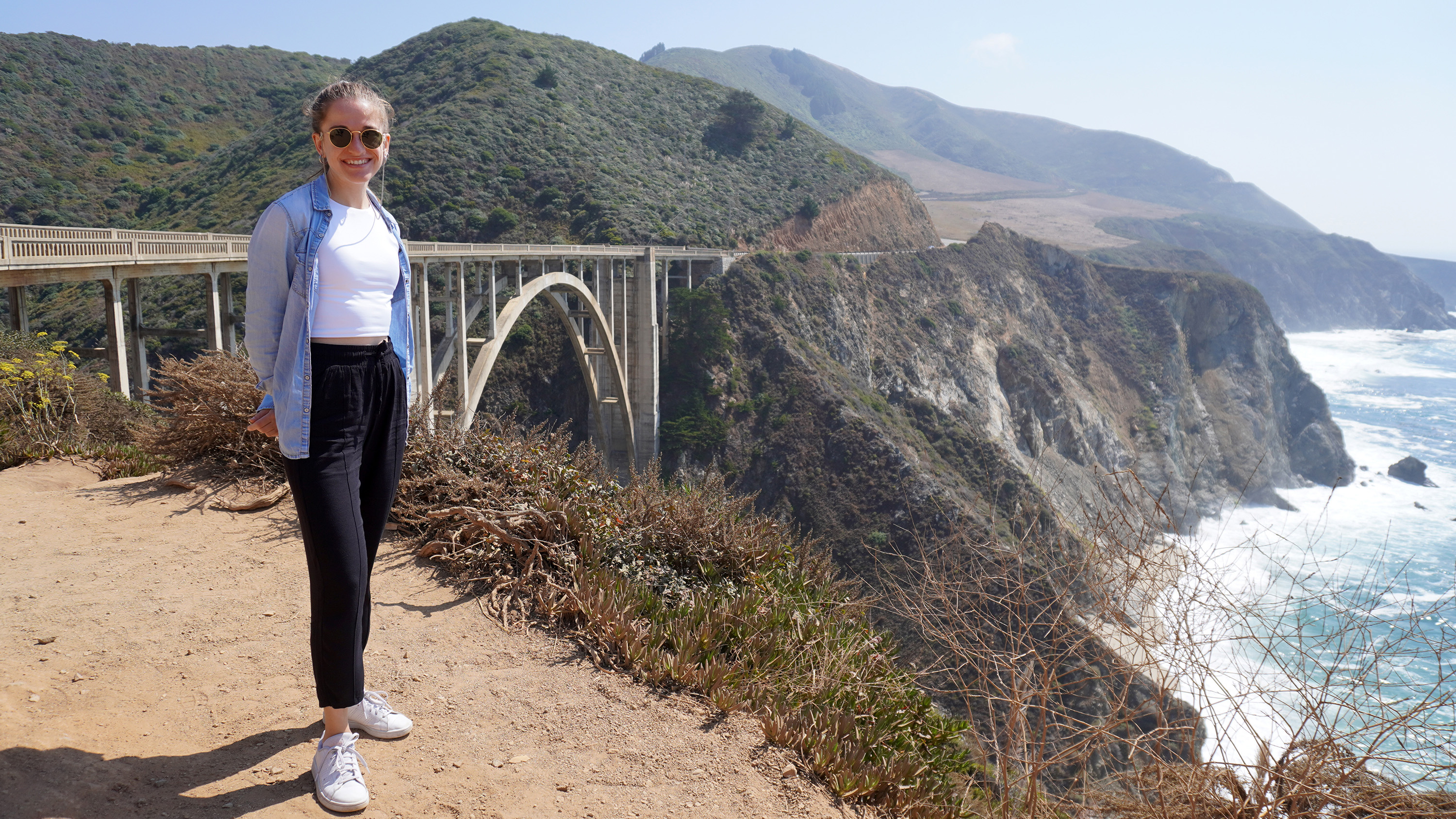
Facing challenges of applied research
In order to simulate real-life applications, field data are necessary. Charikleia says industrial partners generally have reservations about sharing their data, thus, she often faces difficulties getting permission to mount sensors on bridges or vehicles. Her current supervisor, Prof. Dr. Eleni CHATZI, is highly resourceful and always finds solutions to such problems, smoothening the data collection process. This enables her tests to be conducted on various investigative models.
In recognition of her work, Charikleia was honored with the ETH Zurich Postdoctoral Fellowship in 2022. In 2023, she also gained a Marie Skłodowska-Curie Postdoctoral Fellowship from the European Commission as part of the Horizon Europe program. This is the European Union’s key funding program for research and innovation.
“I try to do what I enjoy doing – and if I don't like it, I find something in it that I do like. When you like something, you put in more effort, which drives better results. It is important for me to prioritize happiness; success will follow.”
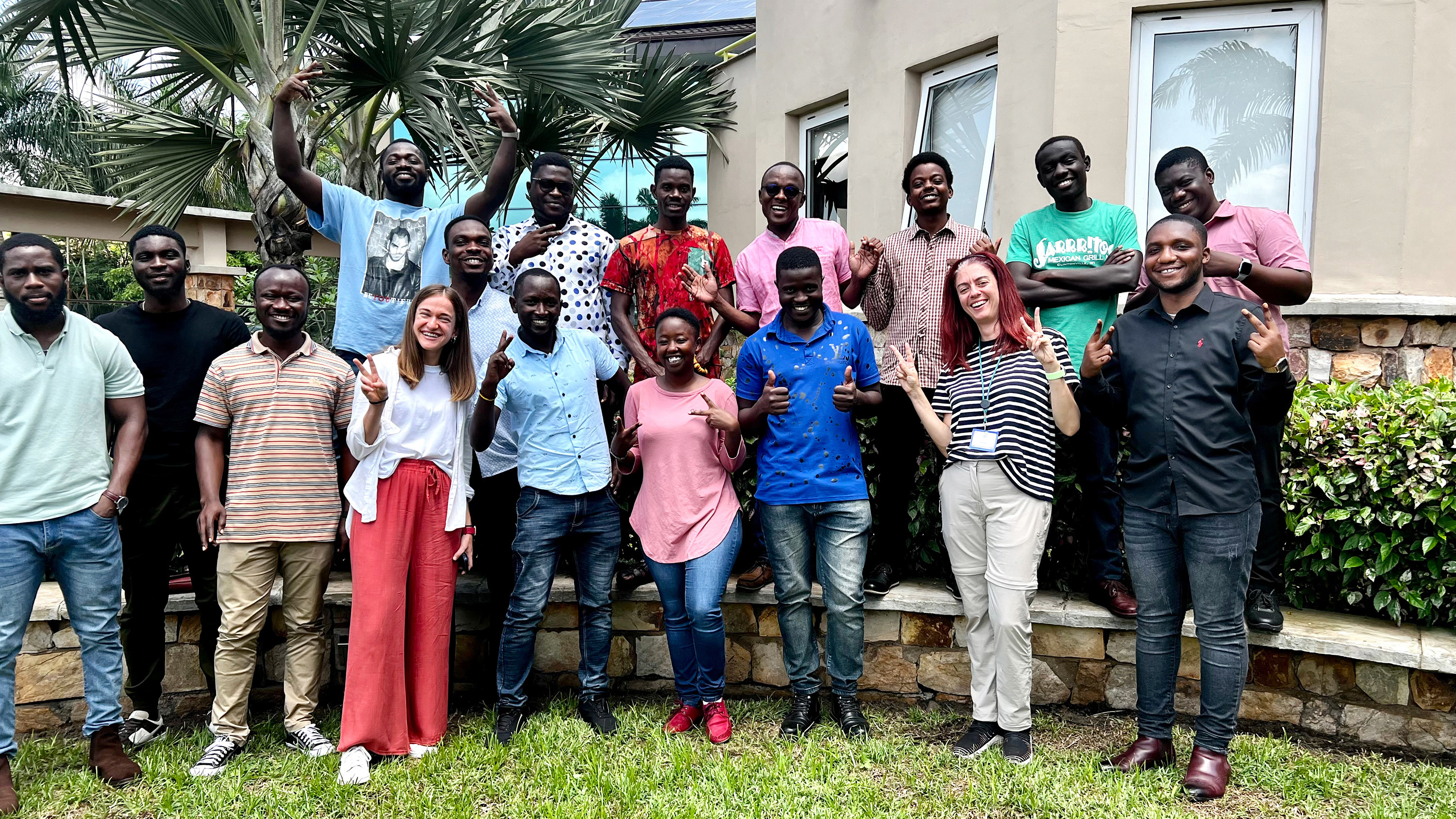
Fond memories of campus life in Hong Kong
Reminiscing about her time at HKUST, she much appreciated the agglomerated campus with its easy access to the library, a variety of restaurants to choose from, and other facilities such as the gym and the swimming pool by the sea. She also hails the leisurely excursion she made to the southern Chinese cities of Shenzhen and Guangzhou, describing the trip as eye-opening because it allowed international students who do not speak Chinese to personally engage with the local culture.
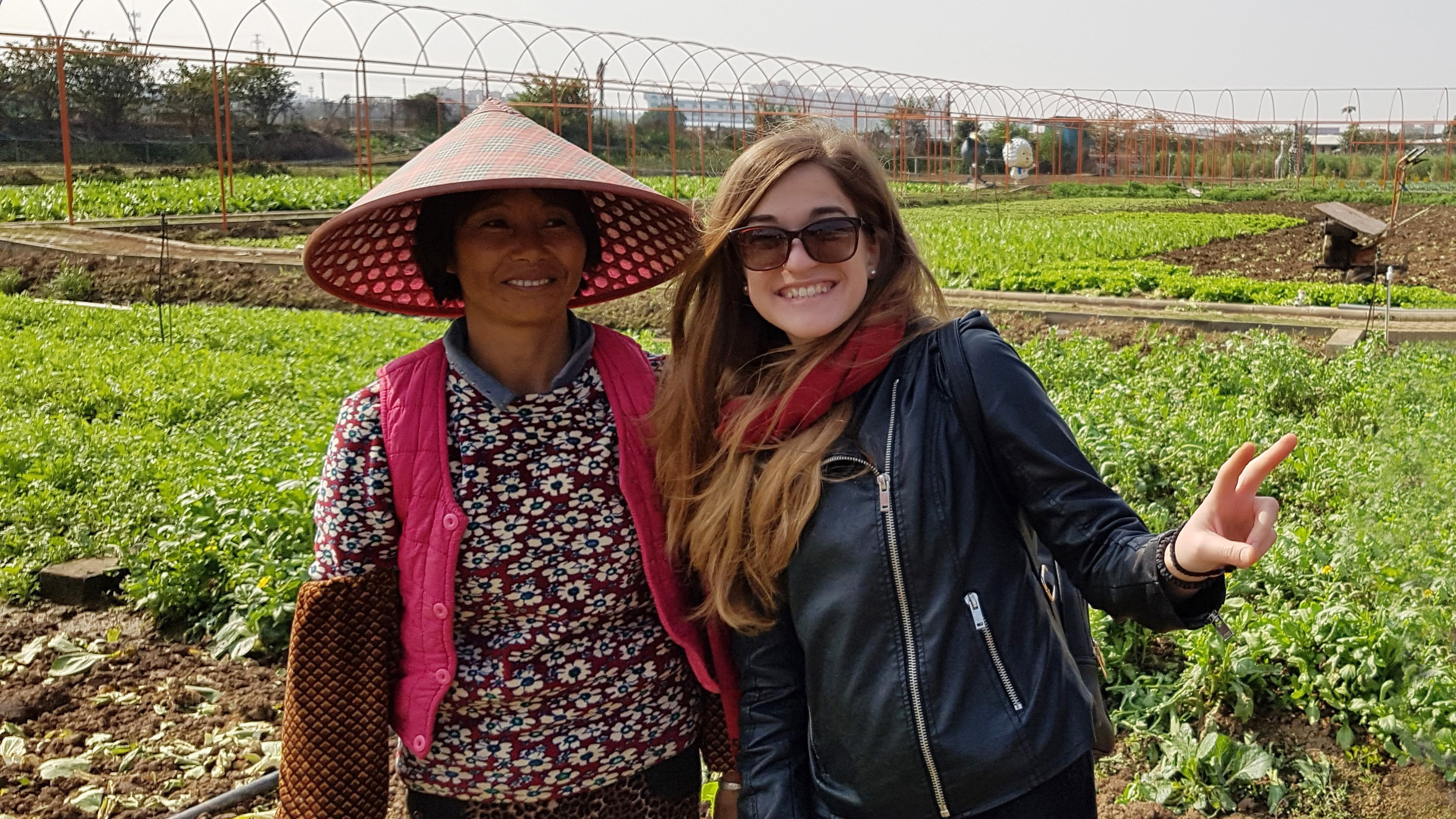
Valuable encouragement to research students
Summing up her experience, Charikleia advises new research postgraduate students to find a topic that is of real interest to them, to keep learning new skills, and to try to maintain a satisfying work-life balance. “To do good research, you need to like what you are doing. You also need to keep your horizons open and attend different talks, even if the subjects seem unrelated. When you feel mentally or physically tired, you may do some sports or hang out with friends in Hong Kong. This can help you stay fresh or think about your research from different perspectives, ultimately increasing the effectiveness of your research.”
“The PhD research journey is not a sprint. It is a marathon. You need to maintain your strength for this whole journey. To avoid burn-out, find activities that take your mind off research for some time so that you can come back feeling fresh.”
